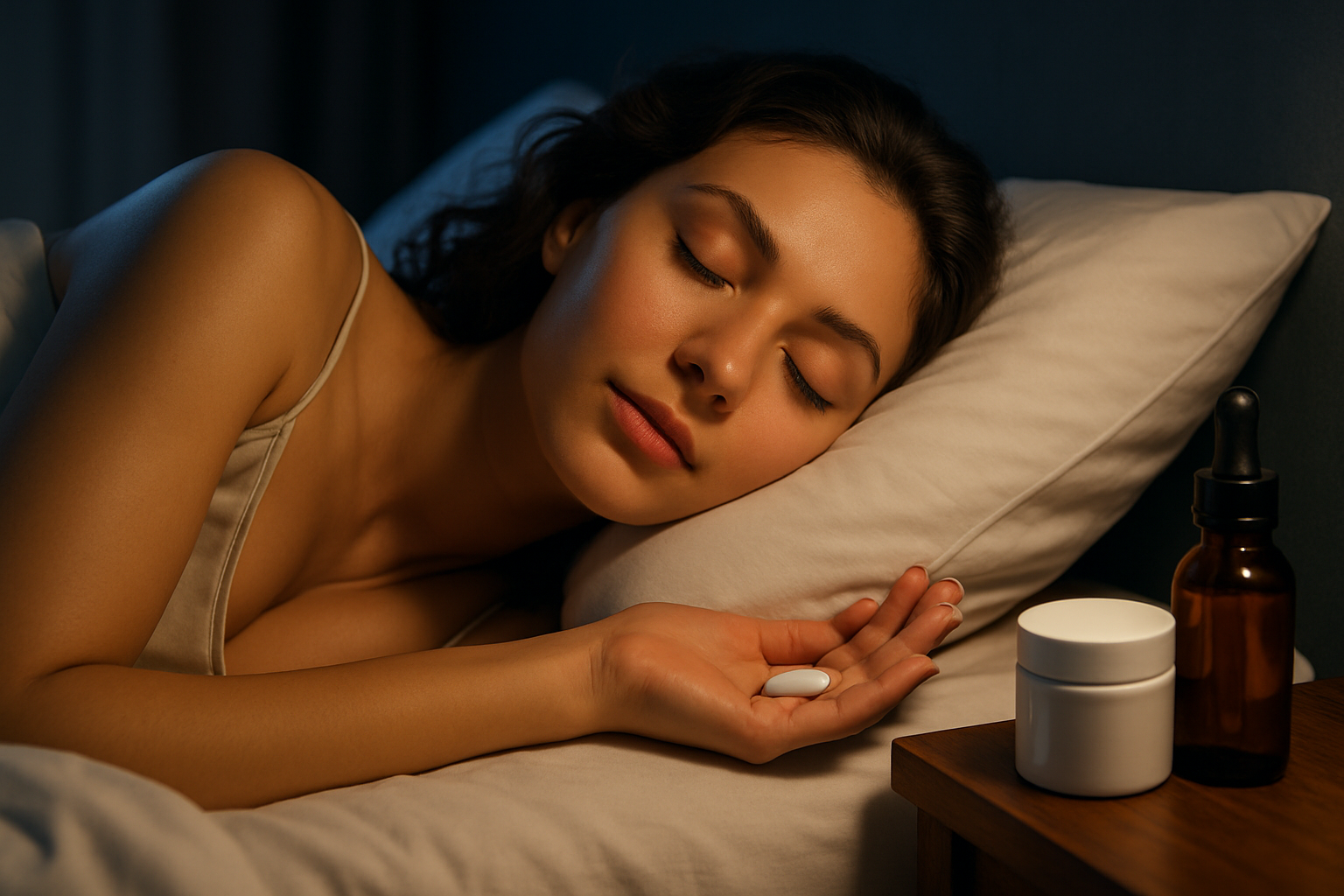The Art of Beauty Sleeping: Unveiling the Science of Beauty Sleep and its Remarkable Benefits
Beauty sleep is more than just a phrase or a beauty hack – it's a science. The concept has been around as long as humanity, but we're only beginning to understand the full scope of its impact on our appearance, health, and well-being. In this article, we'll explore the history, current trends, and the transformative potential of beauty sleep in the beauty and fitness industry.

Evolution of the Beauty Sleep Concept
The term ‘beauty sleep’ first emerged in the 19th century, reflecting a societal understanding that sleep had restorative qualities for the skin and overall appearance. However, the scientific community did not commence serious studies into the relationship between sleep and beauty until the late 20th century.
In 1980, researchers started investigating the importance of sleep for cellular regeneration, hormone regulation, and skin health. They found that during the deep REM sleep phase, the body enters a state of enhanced repair and rejuvenation. These early findings set the foundation for the modern concept of beauty sleep.
Current Trends and Expert Analysis
Today, beauty sleep is not just a concept but a thriving industry. Sleep-optimizing products, ranging from specialized pillows to sleep-inducing skincare, are gaining popularity. Experts suggest that the pandemic has further underscored the importance of quality sleep, leading to a surge in sleep-related wellness trends.
Renowned dermatologist Dr. Yasmine Kirkorian explains, “During sleep, our bodies produce growth hormones that repair cells. Lack of sleep leads to increased cortisol production, a stress hormone that can lead to inflammation and subsequently accelerate aging and cause breakouts.”
Beauty Sleep Benefits: More than Skin Deep
The benefits of beauty sleep extend far beyond the skin. Quality sleep enhances cognitive function, boosts the immune system, and improves mood, contributing to an overall sense of well-being. It can also play a pivotal role in weight management. Studies indicate that people who sleep less than seven hours per night are more likely to be overweight or obese.
Beauty Sleep in the Market
Sleep-centric products have made a significant impact in the beauty and wellness market. Silk pillowcases, for instance, claim to reduce friction, preventing hair breakage and skin wrinkles. Sleep masks infused with calming ingredients like lavender are marketed to induce sleep while nourishing the skin.
Sleep-optimizing supplements, like melatonin, are also on the rise. These products claim to regulate sleep cycles, thereby maximizing the body’s natural repair processes.
Embracing Beauty Sleep: An Evidence-Based Approach
While the market is flooded with products promising better sleep and the resulting beauty benefits, the best approach to beauty sleep is primarily lifestyle-oriented. Maintaining a regular sleep schedule, ensuring a dark and quiet sleep environment, and avoiding caffeine and electronic devices before bedtime are proven methods to enhance sleep quality.
In conclusion, beauty sleep is an integral part of self-care, wellness, and transformation. As we continue to understand its scientific basis and industry impact, we must remember the importance of a good night’s sleep and prioritize it in our daily routines. After all, beauty sleep is not just a luxury - it’s a necessity.




